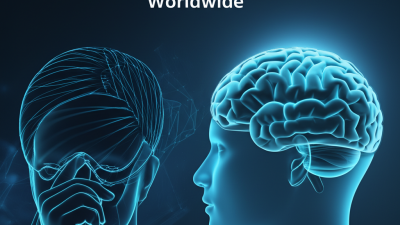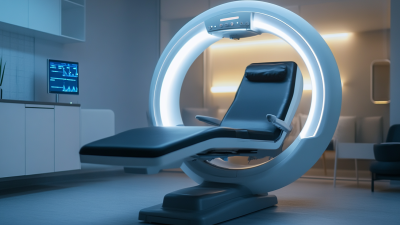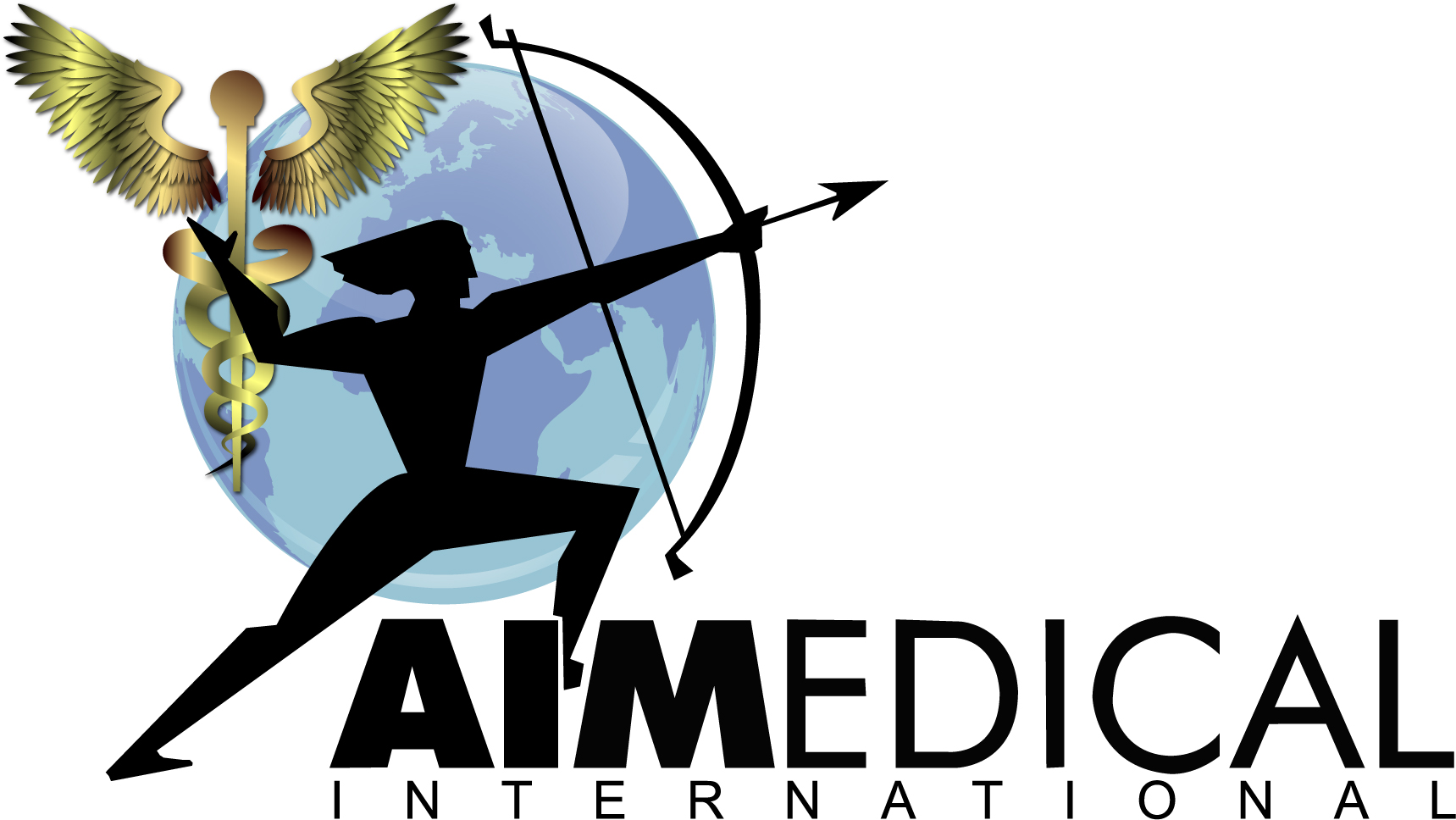Understanding the Impact of MRI and TMS on Brain Health and Therapy Advances
The integration of MRI and TMS in the realm of neuroimaging and therapeutic interventions represents a significant advancement in understanding and improving brain health. MRI, or magnetic resonance imaging, provides detailed insights into brain structure and activity, enabling researchers and clinicians to identify abnormalities and monitor disease progression. According to a report from the Radiological Society of North America, MRI has become a cornerstone in diagnosing neurological disorders, with over 40 million scans performed annually in the United States alone. Meanwhile, Transcranial Magnetic Stimulation (TMS) has emerged as a novel non-invasive technique for modulating neuronal activity, showing promising results in treating depression and anxiety disorders. A study published in the Journal of Clinical Psychiatry indicates that about 58% of patients with treatment-resistant depression experience significant improvement following TMS therapy. Together, MRI and TMS are reshaping our approach to brain health and therapeutic strategies, paving the way for innovative treatments and enhanced patient outcomes.

The Role of MRI in Diagnosing Neurodegenerative Diseases: Diagnostic Accuracy and Innovations
Magnetic Resonance Imaging (MRI) has revolutionized the diagnosis of neurodegenerative diseases, providing insights that enhance both diagnostic accuracy and treatment pathways. According to a report from the Alzheimer's Association, MRI can detect structural brain changes associated with Alzheimer's disease, often years before the onset of clinical symptoms. This early detection is crucial; studies indicate that timely intervention can delay the progression of cognitive decline by up to 30%. Advanced imaging techniques like diffusion tensor imaging (DTI) and functional MRI (fMRI) offer further innovations, allowing clinicians to assess not only the anatomical but also the functional integrity of neural circuits.
Innovative algorithms and machine learning technologies are now being integrated into MRI protocols, significantly improving diagnostic accuracy. Research published in the journal "Nature Reviews Neuroscience" highlighted that AI can enhance the identification of specific biomarkers linked to neurodegeneration, leading to a more personalized approach in patient care. The advent of these technologies aligns with the increasing need for precise diagnosis; the World Health Organization estimates that neurodegenerative diseases will affect over 100 million people worldwide by 2050. Enhanced MRI capabilities may ultimately facilitate early and targeted therapeutic strategies, fostering improved outcomes for patients grappling with these complex conditions.
Transcranial Magnetic Stimulation (TMS): Efficacy in Treating Major Depressive Disorder
 Transcranial Magnetic Stimulation (TMS) has emerged as a significant breakthrough in the treatment of Major Depressive Disorder (MDD), particularly for those who do not respond to conventional treatments. Approximately 30% of MDD patients find little relief from standard pharmacological and psychosocial therapies, highlighting the urgent need for effective alternatives. TMS offers a non-invasive and personalized approach, utilizing magnetic fields to stimulate nerve cells in the brain associated with mood regulation. Recent studies have also indicated its efficacy in treating obsessive-compulsive disorder (OCD) and adolescent depression, conditions that often resist traditional therapeutic strategies.
Transcranial Magnetic Stimulation (TMS) has emerged as a significant breakthrough in the treatment of Major Depressive Disorder (MDD), particularly for those who do not respond to conventional treatments. Approximately 30% of MDD patients find little relief from standard pharmacological and psychosocial therapies, highlighting the urgent need for effective alternatives. TMS offers a non-invasive and personalized approach, utilizing magnetic fields to stimulate nerve cells in the brain associated with mood regulation. Recent studies have also indicated its efficacy in treating obsessive-compulsive disorder (OCD) and adolescent depression, conditions that often resist traditional therapeutic strategies.
Furthermore, advancements in TMS technology, such as accelerated repetitive TMS, demonstrate promising results in treating medication-resistant depressive disorders. By employing predictive modeling and big data analytics, researchers are gaining insights into the factors that influence treatment outcomes, allowing for a more tailored approach to each patient's unique neurological and psychological profile. These innovations not only enhance the efficacy of TMS procedures but also pave the way for personalized treatment strategies that could significantly improve recovery rates in individuals battling severe depression.
Neuroimaging Techniques: Understanding Functional Connectivity and Brain Plasticity
Recent advancements in neuroimaging techniques, particularly functional magnetic resonance imaging (fMRI), have significantly enhanced our understanding of functional connectivity in the brain. fMRI allows researchers to observe real-time brain activity and its inter-regional communication, revealing insights into how different brain areas collaborate during various cognitive processes. According to a report by the National Institutes of Health (NIH), more than 65% of all neuroimaging studies increasingly utilize fMRI to assess brain health, demonstrating its pivotal role in both research and therapeutic settings.
Additionally, transcranial magnetic stimulation (TMS) has emerged as a leading non-invasive method for enhancing brain plasticity. A 2020 meta-analysis published in the Journal of Neurotherapy found that TMS can significantly improve synaptic efficiency and promote neurogenesis, leading to effective outcomes in treating conditions such as depression and PTSD. By altering functional connectivity patterns within the brain, TMS not only facilitates rehabilitation in patients but also offers promising avenues for enhancing cognitive functions in healthy individuals. With these insights, blending MRI and TMS technologies can lead to groundbreaking approaches in understanding and mitigating neurological disorders, showcasing the potential of modern neuroimaging in shaping the future of brain health therapies.
Impact of MRI and TMS on Brain Health and Therapy Advances
This bar chart illustrates the percentage of improvement in various cognitive functions due to MRI and TMS therapies over a period of 12 months. The data showcases the potential of neuroimaging techniques in enhancing brain health and understanding functional connectivity and brain plasticity.
The Synergy of MRI and TMS: Enhancing Personalized Treatment Approaches for Brain Disorders
The integration of Magnetic Resonance Imaging (MRI) and Transcranial Magnetic Stimulation (TMS) represents a groundbreaking advancement in the personalized treatment of brain disorders. MRI provides detailed imaging of brain structures, offering insights into abnormalities and helping clinicians understand the specific areas affected by various conditions. By visualizing the brain's anatomical and functional aspects, MRI serves as a critical tool in diagnosing and tailoring treatments based on individual patient profiles.
TMS, on the other hand, is a non-invasive neuromodulation technique that stimulates specific brain regions to enhance or inhibit neural activity. When paired with MRI, TMS can be guided precisely to target areas identified through imaging. This synergy not only improves the efficacy of the treatments by ensuring they are directed at the right spots but also allows for real-time monitoring of brain responses to therapy. As a result, this combined approach enables healthcare providers to refine and adapt treatment strategies for individuals with psychiatric and neurological disorders, making strides towards truly personalized medicine in brain health.
Future Directions in Brain Health Technologies: Integrating MRI and TMS for Comprehensive Therapies
The integration of Magnetic Resonance Imaging (MRI) and Transcranial Magnetic Stimulation (TMS) represents a promising frontier in the realm of brain health technologies. MRI provides detailed images of brain structure and function, enabling precise localization of abnormalities. TMS, on the other hand, offers a non-invasive method to modulate neuronal activity, making it a valuable therapeutic tool. According to a report from the American Journal of Psychiatry, combining MRI and TMS can enhance treatment outcomes for conditions like depression and anxiety by providing tailored stimulation based on individual brain maps.
Future directions in therapy advances hinge on this synergistic approach. A study from the National Institutes of Health suggests that personalized TMS protocols, guided by MRI findings, could improve response rates by up to 50%. This integrated methodology not only augments conventional treatments but also paves the way for new interventions that are more effective and targeted. As researchers continue to explore the interactions between brain mechanisms and therapeutic modalities, the potential for comprehensive therapies that leverage both MRI and TMS could redefine standards of care in psychiatric and neurological disorders.

Related Posts
-

Setting New Industry Standards for Best Mri Tms Solutions Worldwide
-

How to Elevate Your Business Efficiency with TMS Devices: A Comprehensive Guide
-

Ultimate Guide to Choosing the Right Portable Tms Machine for Your Needs
-

What Sets Transmagnetic Brain Stimulation Apart in Modern Neuroscience
-

Unlocking the Advantages of Surface Emg Machine for Enhanced Performance
-

2025 Trends in Magnetic Stimulation Technology: How To Choose the Best Machine for Your Needs
